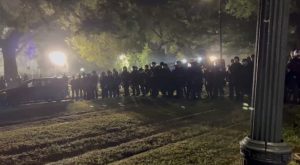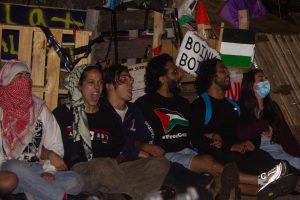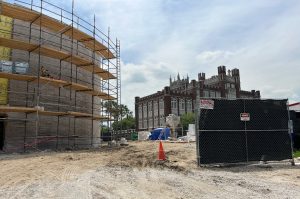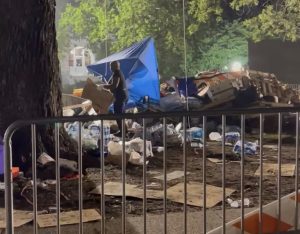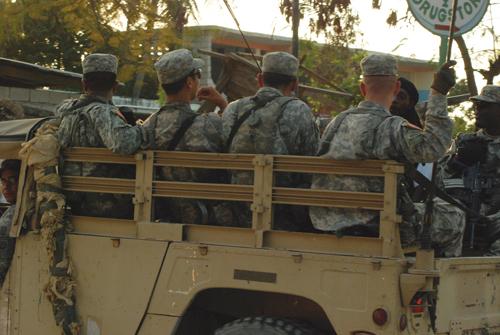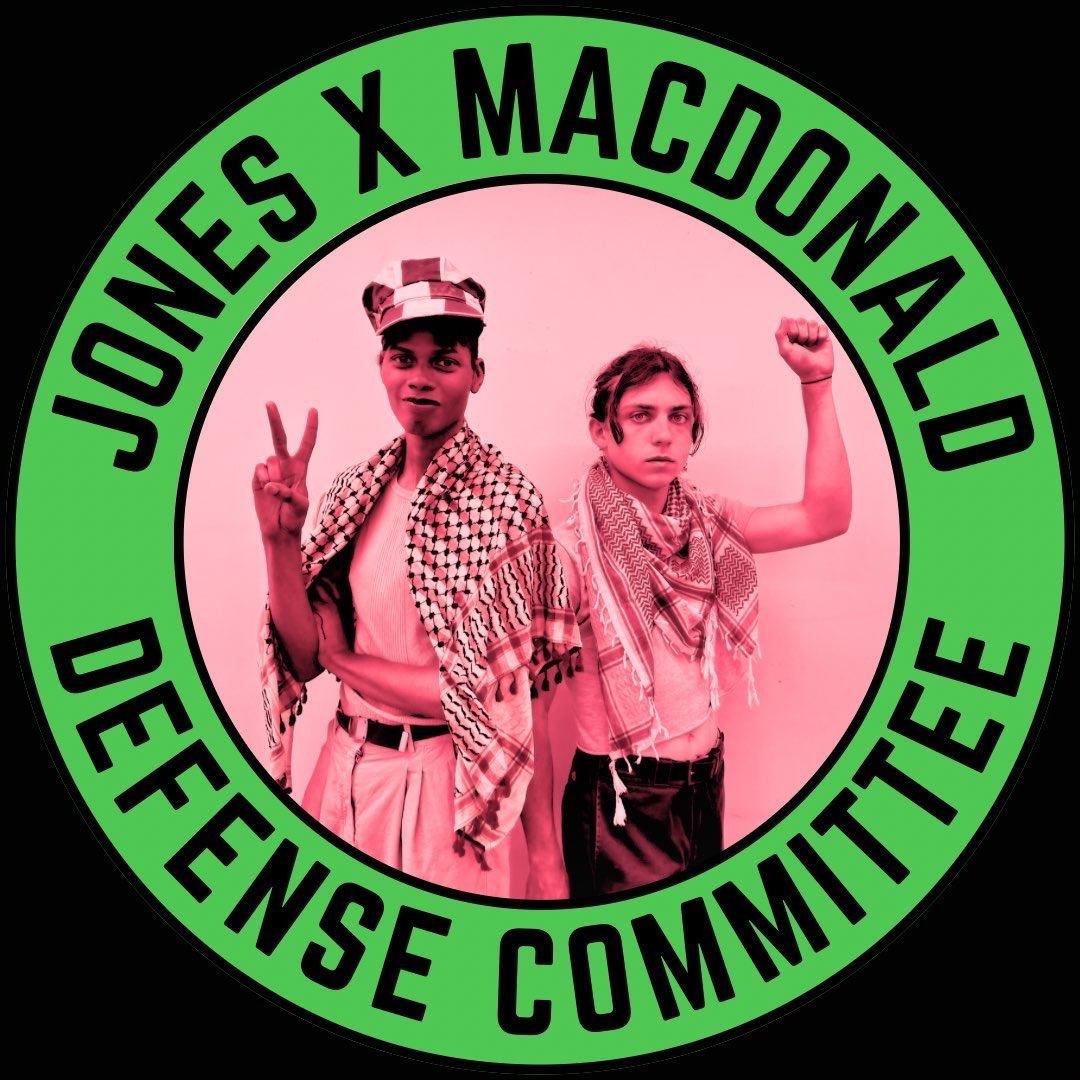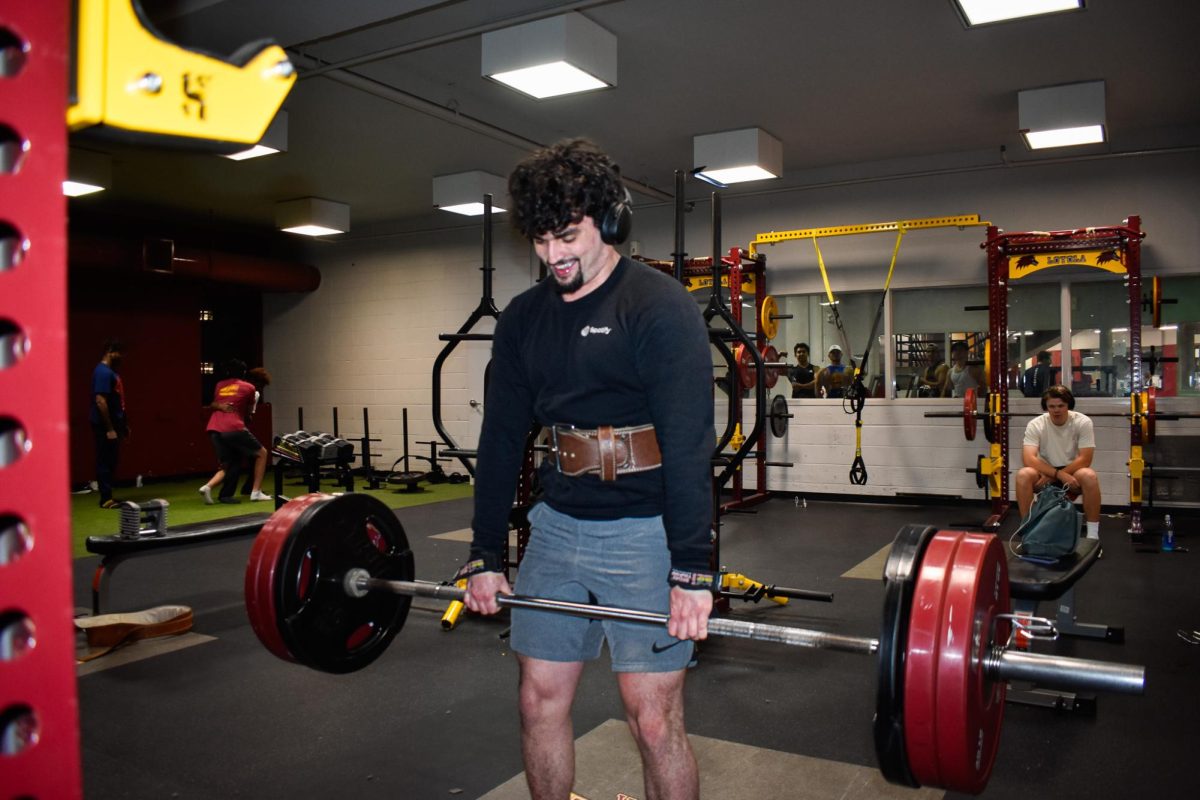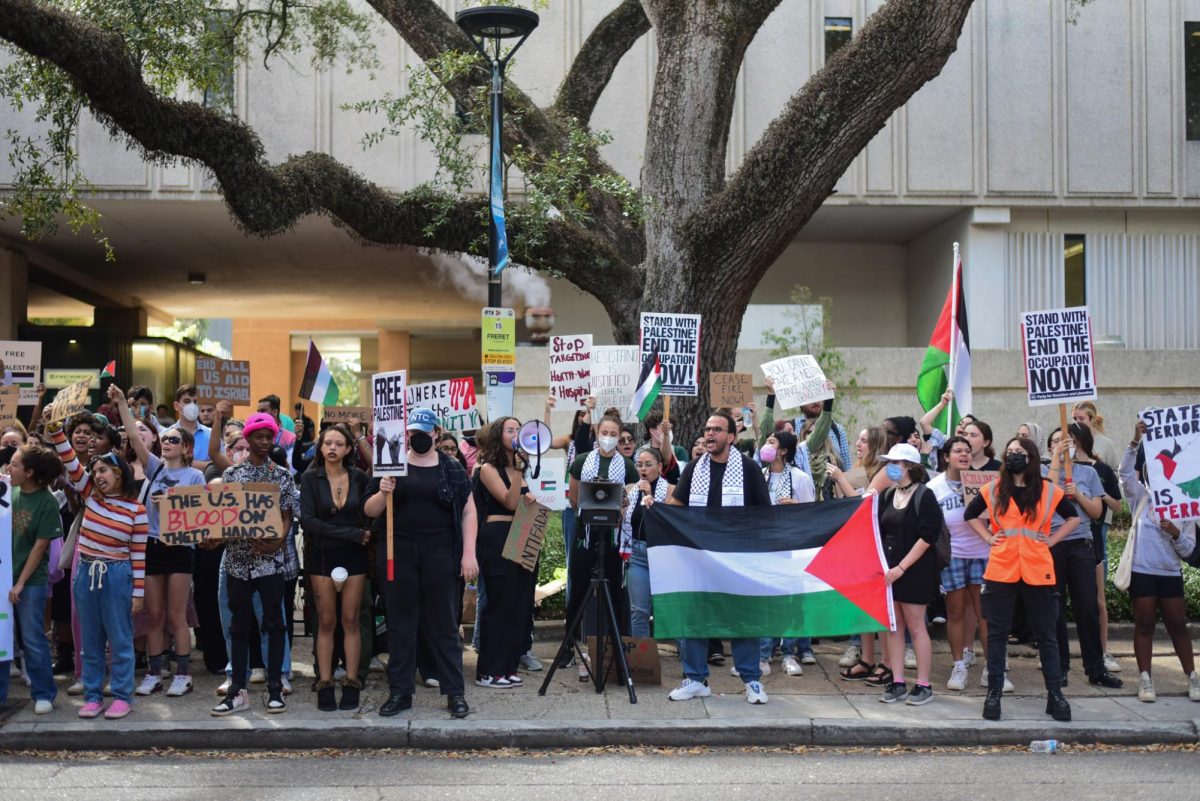Loyola students who participate in Tulane University’s Reserve Officer Training Cadets said they do not object to the repeal of Dont Ask, Dont Tell policy, which will now allows openly homosexual cadets to join.
Since the cadets cannot openly speak about this issue, their identities will be kept anonymous. One cadet will be identified as Larry, the other as Jeffrey. A Tulane University ROTC official, Capt. Chris Kramer, had no comment on the issue.
With the election of President Barack Obama in 2008 came many promises, one of which was repealing the “Don’t Ask, Don’t Tell” policy. This promise became a reality when the president signed the bill on Dec. 22.
“This is a good day,” Obama said. “This is a very good day.”
The policy that was in place until that day was a variation of the one established during President Harry Truman’s administration. The “Uniform Code of Military Justice” allowed military personnel to discharge openly homosexual service members.
In 1993, under President Bill Clinton’s administration, the government decided to end this practice, and established “Don’t Ask, Don’t Tell.” This policy meant an end to questions from military recruiters aimed at discovering if a potential recruit is homosexual.
Obama believes this repeal grants soldiers a fundamental right and sense of relief.
“No longer will tens of thousands of Americans in uniform be asked to live a lie, or look over their shoulder in order to serve the country that they love,” Obama said.
For both cadets, “Don’t Ask, Don’t Tell” carried little weight on what a soldier does.
“I would say repeal it, solely on the basis that your personal life has no basis on your ability to be a good soldier or a responsible leader,” Larry said. “It’s the responsibility of a soldier to follow orders, so regardless of what it is, a soldier’s going to do what he is supposed to do.”
Both agreed it was only a matter of time until this policy changes. They also said that it will not be a smooth transition.
Larry also said that issues arise when it comes to homosexual soldiers sharing a living area with heterosexual ones.
Larry said homosexuals are already living among them, in some cases; the only difference is that they are not open about it.
“In the battlefield, the guy standing next to you, regardless if he’s homosexual or not, has trained, has gone through all the things you’ve gone through,” Jeffrey said. “You know he’s willing to sacrifice his life to save you if he needs to.”
Jeffrey believes this is a big issue because homosexuality has been “stigmatized.”
“It has now become more acceptable to be an open homosexual, and more people are getting used to that idea,” Jeffrey said. “Now, it’s just catching up to the law.”
Larry, who will be commissioning in May and becoming a platoon leader, said there will be a lot of issues once it is repealed. Once most of the cadets, like Larry and Jeffrey, graduate, they enter the military as platoon leaders.
“While I support its repeal, I don’t want to be the guy who has to deal with it,” Larry said. “That’s one of the main problems with the military right now. The senior leadership wanted it to be repealed, but they don’t want to have to deal with the consequences of the repeal.”
Jeffrey agreed with Larry, and added that it will be an added responsibility for upcoming soldiers. “Young leaders already have the most on their plate because you have more than 40 guys under your command along with their equipment, and now you’ll have to deal with these issues,” Larry said. “There’s guaranteed going to be some discipline issues with people hazing each other or something along the lines of discrimination.”
Jeffrey said most cadets and soldiers support the repeal of “Don’t Ask, Don’t Tell,” despite what some people might think, and he hopes people realize that, “no one here’s a bigot.”
Civilians have also been chiming in on the repeal. Sam Nelson, history senior, supports the repeal.
“It seemed illogical to bar people that wanted to serve our country on the grounds of their sexuality,” Nelson said. “If they’re able and willing to fight, we should let them.”
Roberto Homar, international business freshman, does not agree with the repeal. “The Army, more than for fighting, is a show of force and having open homosexuals serving will decrease the image of our soldiers in the battlefield,” Homar said. “I don’t mind the fact that there are homosexuals serving, I just think they should keep that to themselves.”
Eduardo Gonzalez can be reached at [email protected]


